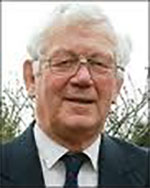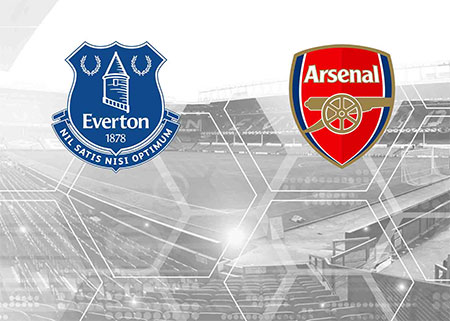Alan Waterworth, JP
Chairman of Everton Football Club, August 1973
to August 1976
At age 41,when he assumed the role of Everton Chairman, Alan Waterworth already
had an impressive record of public service as a Liverpool Justice of the Peace,
Chairman of the Merseyside Youth Association and a member of the Skelmersdale
New Town Corporation. He became one of the youngest chairmen of a First Division
club and was thrust even more into the public limelight as head of
Everton Football Club.
Educated at Mostyn House, Uppingham and Trinity College,
Cambridge, where he took a Master of Arts degree in History, his sporting interests
in his younger days were as a rugby player. He was in his college team
and played for Liverpool on vacation.
His interest in Everton developed when
he became associated with Mr John Moores in youth work on Merseyside.
As, initially, chairman of Florence Institute, then chairman of the
Liverpool Boys' Association, and eventually the Youth Association, it was
his job to use the £140,000 which Mr Moores gave to the association.
He told the Liverpool Echo: "I got to know Mr Moores well during that time and it was he who interested
me in becoming an Everton director. Since then, all the members of my family
have become football fans except the eldest boy, Richard, who is a
staunch Liverpool supporter."
He accepted that being a more public figure was part and parcel of being Everton
Chairman, even though he saw his job as being in the background of the
club's affairs. At least that is what he wanted, but he appreciated that it
cannot always be so.
"l'm a lucky man to become Everton chairman at this stage in the club's
history. I'm a comparatively young man to become a chairman and with a new young
manager, a new young secretary, and a young promotions manager as head of the
three sections of the club's activities, I believe it is the start of a new
Everton era.
"Without looking back too much, all of us at Everton are conscious that things
have gone wrong in the past few years. Everton have been regarded more as
a business than as a club., and that is the first thing I would like to change.
"We want to be regarded as a happy club, a family club, and everyone connected
with the club. from the directors through all members of the staff, want
to achieve this as soon as possible.
"The directors can do a lot to help to create a good atmosphere. Mr Bingham will
be a great impetus to the players and if he can be as successful as Mr Catterick was,
we will be happy.
"I see the directors' job as being, mainly, one of encouragement and help to the
staff. to create a good atmosphere and to see that. it spreads through the club.
There may come a tine when the whip has to be cracked at Board level and I'm not
afraid to wield that if necessary.
"We have to boost morale throughout the club. Mr Bingham is already doing that
with the players; the directors will encourage this all the way.
"The difference between success and failure at the top level is very small. The
quality of players in the top clubs is about the same, but it is the
willingness to pull together, to give that bit extra, which can give one club
success against another club's failure.
"As chairman, I intend to do all I can to create this feeling, to improve the
club's image, and I'm sure I have the backing of everyone in the club to do just
that."
Alan Waterworth is a big man in every sense. His
pleasant personality will enable him to fulfil those duties of hospitality so
necessary for a director and especially a chairman. But he knows what he wants
and behind the outwardly easy exterior lies a firmness of character which is
also necessary in his new position.
On stepping down as chairman in August 1976, Mr Waterworth said: "This was a
decision made when I took office 3 years ago and is not related to what has been
a disappointing season."









